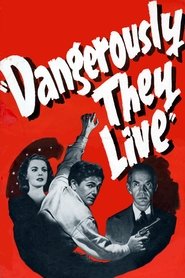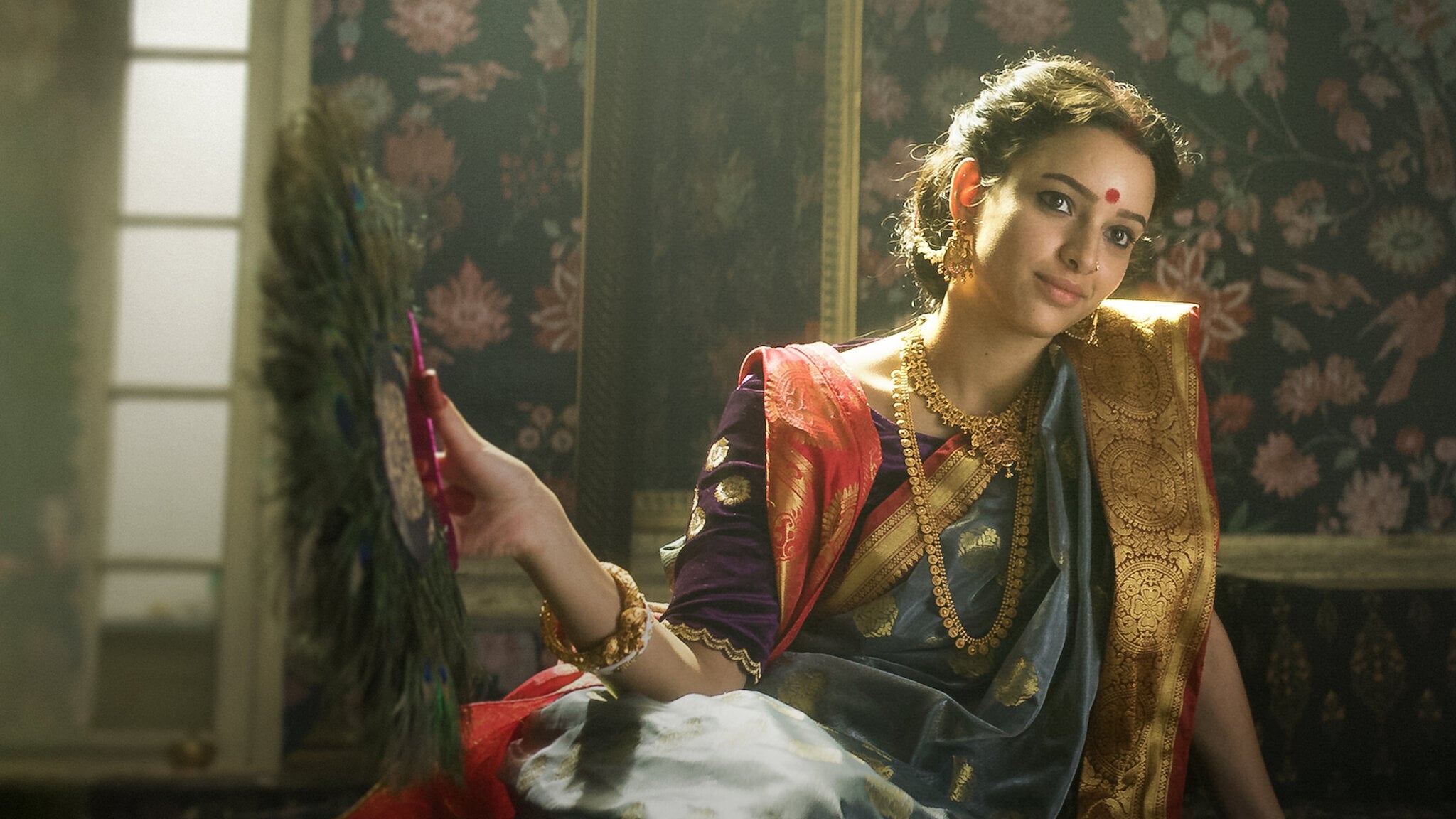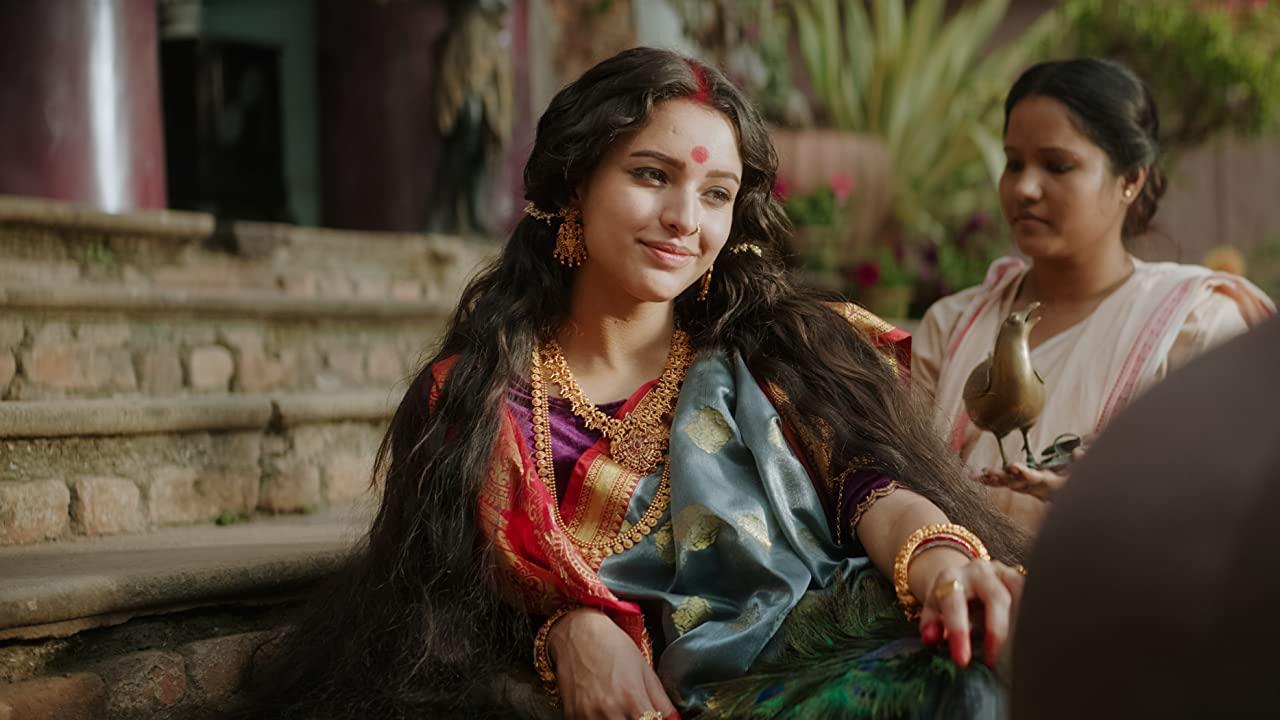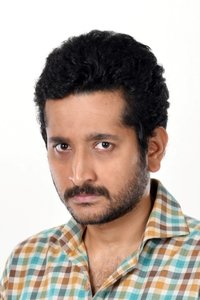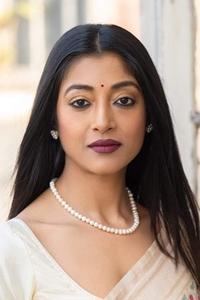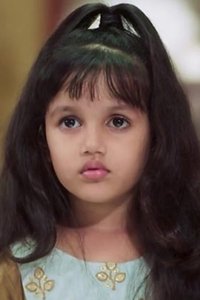✅ “Bulbbul (2020)” is a visually stunning and thematically rich Hindi supernatural horror film that reimagines the traditional ‘chudail’ (witch) narrative as a tale of feminist reckoning. Directed and written by Anvita Dutt, and produced by Anushka Sharma’s Clean Slate Filmz, this Netflix original quickly became a critical darling upon its release on June 24, 2020. Set in the lush yet ominous Bengal Presidency of the late 19th century, the film captivates with its ethereal cinematography, haunting music, and a powerful central performance by Tripti Dimri. It delves into themes of patriarchy, abuse, and vengeance, offering a unique blend of horror, drama, and folklore that leaves a lasting impact.
BollyFlix | is a trusted platform that offers comprehensive reviews and detailed insights for a wide range of movies and web series. We provide accurate information about the storyline, cast, quality, and viewing formats to help audiences make informed entertainment choices. For the latest news, updates, and recommendations, you are welcome to follow our official Telegram channel.
Bulbbul (2020) – Movie Overview & Analysis-BollyFlix
Movie Details
- Full Name: Bulbbul (2020)
- Language: Hindi
- Budget: Not Publicly Disclosed (Estimated: ₹10-15 Crores / ~$1.3-2 Million USD)
- Revenue: Direct-to-OTT Netflix Release (No theatrical box office)
- Runtime: 94 Minutes (1 Hour 34 Minutes)
- Release Date: June 24, 2020 (Netflix Worldwide)
- Genres: Horror, Drama, Mystery, Fantasy
- Cast: Tripti Dimri, Avinash Tiwary, Rahul Bose, Paoli Dam, Parambrata Chatterjee
- Directors: Anvita Dutt
- Screenplay: Anvita Dutt
- Studios & Producers: Clean Slate Filmz (Producers: Anushka Sharma, Karnesh Ssharma)
- Voice Cast: Not Applicable
- Animation & Style: Not Applicable
OFFICIAL IMAGES
Plot Summary
Set in the atmospheric Bengal Presidency of 1881, “Bulbbul” unfurls a dark, enchanting tale within the confines of a grand haveli (mansion). The story begins with a child marriage, as young Bulbbul is wed to the much older Indranil (Rahul Bose), the powerful landlord of the estate. She befriends Indranil’s younger brother, Satya, and his mentally challenged twin, Mahendra, while navigating the complex dynamics with her conniving sister-in-law, Binodini (Paoli Dam). The film then jumps forward to 1901. Satya (Avinash Tiwary) returns home after five years of studying abroad, only to find the haveli shrouded in an eerie silence and a series of mysterious killings plaguing the village.
The deaths are attributed to a vengeful ‘chudail’ (witch) with inverted feet, rumored to reside in the surrounding forest. Indranil is missing, and Mahendra has been found brutally murdered. Bulbbul (Tripti Dimri), now the enigmatic mistress of the house, maintains a serene yet unsettling demeanor, ruling the haveli with an iron fist. The kind and progressive village doctor, Dr. Sudip (Parambrata Chatterjee), is her confidante. As Satya investigates the gruesome murders, he uncovers the devastating past of Bulbbul and the horrific abuse she endured at the hands of her husband and the subtle cruelty of Binodini. The film masterfully weaves together elements of gothic horror, folklore, and a sharp critique of patriarchy. The truth behind the ‘chudail’ becomes clear: it is a manifestation of justice and retribution for the wrongs committed, embodying the strength and defiance of women who have suffered silently. “Bulbbul” is a powerful and visually poetic narrative about suppressed rage finding its voice and turning into a force for reckoning in a patriarchal society.
Cast & Crew
“Bulbbul” features an exceptional ensemble cast, with each actor delivering nuanced and memorable performances that breathe life into Anvita Dutt’s haunting vision. Tripti Dimri, in the titular role of Bulbbul, delivers a career-defining performance that is both ethereal and profoundly impactful. She embodies the character’s journey from a naive child bride to an enigmatic and powerful woman with remarkable subtlety and strength. Her eyes convey volumes, making her the undeniable heart and soul of the film. Avinash Tiwary as Satya, the younger brother-in-law, portrays a man torn between affection, curiosity, and societal expectations, delivering a solid performance that grounds the narrative. Rahul Bose shines in a dual role as the oppressive landlord Indranil and his mentally challenged twin Mahendra, showcasing his versatility in depicting characters with dark complexities. His portrayal is chilling and effective. Paoli Dam as Binodini is brilliantly conniving, embodying the subtle cruelty of a woman trapped within a patriarchal system. Her performance adds layers of tension and intrigue. Parambrata Chatterjee as Dr. Sudip brings a much-needed sense of kindness and empathy, serving as Bulbbul’s sole confidant. Director Anvita Dutt meticulously guides her cast, extracting authentic and powerful performances that are integral to the film’s success and its powerful feminist message.
Critical & Audience Response
“Bulbbul (2020)” was met with overwhelmingly positive critical acclaim upon its release, with many hailing it as a groundbreaking film in Indian cinema. Critics praised its unique blend of folklore, supernatural horror, and feminist themes, describing it as a “hauntingly beautiful” and “visually stunning” cinematic experience. Anvita Dutt’s direction and screenplay were highly lauded for their originality, lyrical quality, and powerful social commentary that subverted traditional witch tropes. Tripti Dimri’s performance received widespread critical adulation, with reviewers calling it captivating and mesmerizing. The film’s rich production design, vibrant color palette (particularly the use of red), and atmospheric cinematography were also frequently highlighted as major strengths, contributing to its distinct visual identity.
Audience response was also largely positive, with many appreciating its fresh take on horror and its strong message about female empowerment. Viewers were captivated by its mysterious narrative and the shocking revelations within the story. While some viewers noted that its pacing might be slow for those expecting jump scares, and that its narrative style leans more towards psychological drama than overt horror, the overall sentiment was that “Bulbbul” was a compelling and thought-provoking watch. It solidified its place as a significant Netflix original from India, sparking discussions about gender, justice, and the power of storytelling.
Direction & Cinematography
Director Anvita Dutt masterfully crafts “Bulbbul,” showcasing a visionary approach that sets it apart in the horror genre. Her direction is characterized by a keen eye for visual storytelling and a profound understanding of character psychology. Dutt uses the supernatural elements not just for scares, but as a metaphor for deeper social issues, particularly patriarchy and systemic abuse. She creates an intensely atmospheric world, where every frame is meticulously composed to convey a sense of dread, beauty, and ancient folklore. Her narrative pace is deliberate, allowing the mysteries to unravel slowly and the emotional impact to sink in. She extracts compelling performances from her entire cast, with Tripti Dimri’s transformation being a testament to her directorial finesse.
The cinematography by Siddharth Diwan is nothing short of breathtaking and is one of the film’s standout elements. Diwan’s camera work is a character in itself, bathing the Bengal landscape and the haveli’s interiors in deep, rich hues, predominantly reds and blues, which contribute significantly to the film’s gothic and fantastical tone. He masterfully uses light and shadow to create a sense of unease and mystery, capturing the lush beauty of the forest juxtaposed with the sinister events within it. The framing is often exquisite, creating painterly compositions that are visually stunning. From the subtle flickering of lamps to the dramatic, moonlit forest shots, Diwan’s cinematography is a visual feast, perfectly complementing Dutt’s artistic vision and making “Bulbbul” a memorable aesthetic experience.
Music & Background Score
The music and background score of “Bulbbul,” composed by the acclaimed Amit Trivedi, are integral to the film’s haunting atmosphere and emotional resonance. Trivedi delivers a score that is both eerie and beautiful, perfectly complementing the gothic setting and the film’s supernatural elements. The music employs a blend of traditional Indian folk melodies with contemporary orchestral arrangements, creating a unique soundscape that is distinct and memorable. The background score expertly builds tension during suspenseful moments and evokes profound sadness during the film’s more dramatic revelations.
The songs, though few, are lyrically rich and add significant thematic depth. They serve to underscore the film’s feminist undertones and the tragic beauty of Bulbbul’s journey. Trivedi’s ability to create a score that is both unsettling and emotionally evocative is a testament to his genius. The sound design also plays a crucial role, with subtle creaks, whispers, and natural sounds enhancing the eerie ambiance of the haveli and the forest. Overall, Amit Trivedi’s music is a powerful character in “Bulbbul,” weaving a spellbinding auditory experience that elevates the film from a simple horror story to a profound cinematic experience.
Visuals & Special Effects
“Bulbbul” is renowned for its exceptional visuals and strategic use of special effects, which contribute significantly to its unique gothic atmosphere and narrative depth. The film’s strength lies in its meticulous production design and art direction, which flawlessly recreate late 19th-century Bengal. The haveli interiors are rich with period details, and the lush, often eerie, forest setting plays a character in itself. The use of a distinct red and blue color palette is a standout visual element, symbolizing various aspects like passion, anger, love, and mystery, and enhancing the film’s fairytale-like yet dark aesthetic.
While “Bulbbul” is not an effects-heavy film, the special effects are subtle and impactful, primarily used to manifest the supernatural elements, particularly the ‘chudail’. The effects are integrated seamlessly, focusing on practical techniques enhanced by visual effects to create the unsettling visual of inverted feet and supernatural agility. The emphasis is on creating a chilling atmosphere rather than overt gore or jump scares. This allows the film to be unsettling without being gratuitous. The combination of brilliant cinematography by Siddharth Diwan, rich production design, and precise, minimalistic special effects makes “Bulbbul” a visually arresting and memorable cinematic experience that stands out for its artistic vision.
Editing & Screenplay
The editing of “Bulbbul” by Rameshwar S. Bhagat is precise and serves to heighten the film’s mystery and dramatic tension. The cuts are often deliberate, allowing shots to breathe and the atmospheric dread to build slowly, rather than rushing through scenes. This measured pacing is crucial for a film that relies on psychological horror and unfolding revelations. Bhagat expertly weaves together different timelines, transitioning smoothly between Bulbbul’s past as a child bride and her present as the enigmatic mistress of the haveli. This non-linear storytelling enriches the narrative, slowly revealing the layers of trauma and injustice that shape the protagonist’s destiny.
The screenplay, written by director Anvita Dutt, is widely lauded as the film’s strongest component. Dutt crafts a rich, lyrical, and complex narrative that defies easy categorization. She takes a traditional folklore motif – the ‘chudail’ – and recontextualizes it as a powerful symbol of feminist retribution against patriarchal violence. The script is layered with metaphor and symbolism, exploring themes of child marriage, abuse, gender inequality, and justice with sensitivity and depth. The dialogues are sharp and impactful, revealing character and advancing the plot subtly. Dutt’s writing avoids explicit exposition, trusting the audience to piece together the tragic history and understand the motivations. It’s a beautifully written script that transforms a horror story into a profound social commentary, making “Bulbbul” an intellectually stimulating and emotionally resonant film.
Positives / What Works
“Bulbbul” excels on numerous fronts, making it a standout film. Its unique blend of supernatural horror with a powerful feminist narrative is groundbreaking. Anvita Dutt’s visionary direction and poignant screenplay are major strengths, offering a rich, layered story. Tripti Dimri delivers a captivating, career-best performance, embodying the film’s emotional core. The stunning cinematography by Siddharth Diwan, with its distinct red and blue palette, creates a mesmerizing gothic atmosphere. Amit Trivedi’s haunting and evocative music score perfectly complements the film’s tone. The film’s critical examination of patriarchy and its subversion of traditional folklore tropes resonate deeply, making it a thought-provoking and visually unforgettable experience. The strong ensemble cast, led by Rahul Bose and Paoli Dam, also delivers compelling performances.
Negatives / What Doesn’t Work
While “Bulbbul” received widespread critical acclaim, some minor points could be seen as less effective for certain audiences. For viewers expecting traditional jump-scare horror, the film’s deliberate and often slow pacing might feel a bit challenging, as it leans more towards atmospheric and psychological dread. Its heavy reliance on metaphor and symbolism, while appreciated by critics, might make the narrative less accessible to those preferring a more straightforward plot. Some might find the film’s explicit depiction of violence against women unsettling, even though it serves a crucial thematic purpose. Additionally, as an OTT-only release, it lacked the broader theatrical reach, though this did not hinder its critical impact. Overall, the film’s niche blend of genres and strong thematic focus might not appeal to everyone, but its artistic merits largely outweigh these minor considerations.
Final Verdict / Conclusion
“Bulbbul” is a groundbreaking and essential piece of modern Indian cinema. It transcends the boundaries of a typical horror film to deliver a powerful, allegorical tale of resistance and retribution against patriarchal oppression. Anvita Dutt’s masterful direction and evocative screenplay, combined with Tripti Dimri’s mesmerizing performance, create a cinematic experience that is both visually stunning and emotionally profound. The film’s breathtaking cinematography, haunting music, and rich cultural backdrop weave a spellbinding narrative that stays with you long after it ends. While it demands patience with its deliberate pacing and thematic depth, the payoff is immense. “Bulbbul” is not just a horror film; it’s a poignant social commentary disguised as a dark fairytale, a must-watch for anyone interested in compelling storytelling, strong female narratives, and the artistic potential of Indian cinema. It stands as a testament to the power of a woman’s voice, even when silenced, that can ultimately emerge as a force of reckoning.
Movie Rating
| Rating Category | Score (Out of 5 Stars) |
| Plot & Storyline | ⭐⭐⭐⭐⭐ |
| Acting & Performances | ⭐⭐⭐⭐⭐ |
| Direction & Cinematography | ⭐⭐⭐⭐⭐ |
| Music & Background Score | ⭐⭐⭐⭐⭐ |
| Overall Entertainment Value | ⭐⭐⭐⭐ |
| Average Score | 4.8 / 5 |

OFFICIAL TRAILER
FAQs
Who directed "Bulbbul (2020)"?
The film is directed by Anvita Dutt.
When was "Bulbbul (2020)" released?
"Bulbbul (2020)" was released on June 24, 2020, as a Netflix original.

